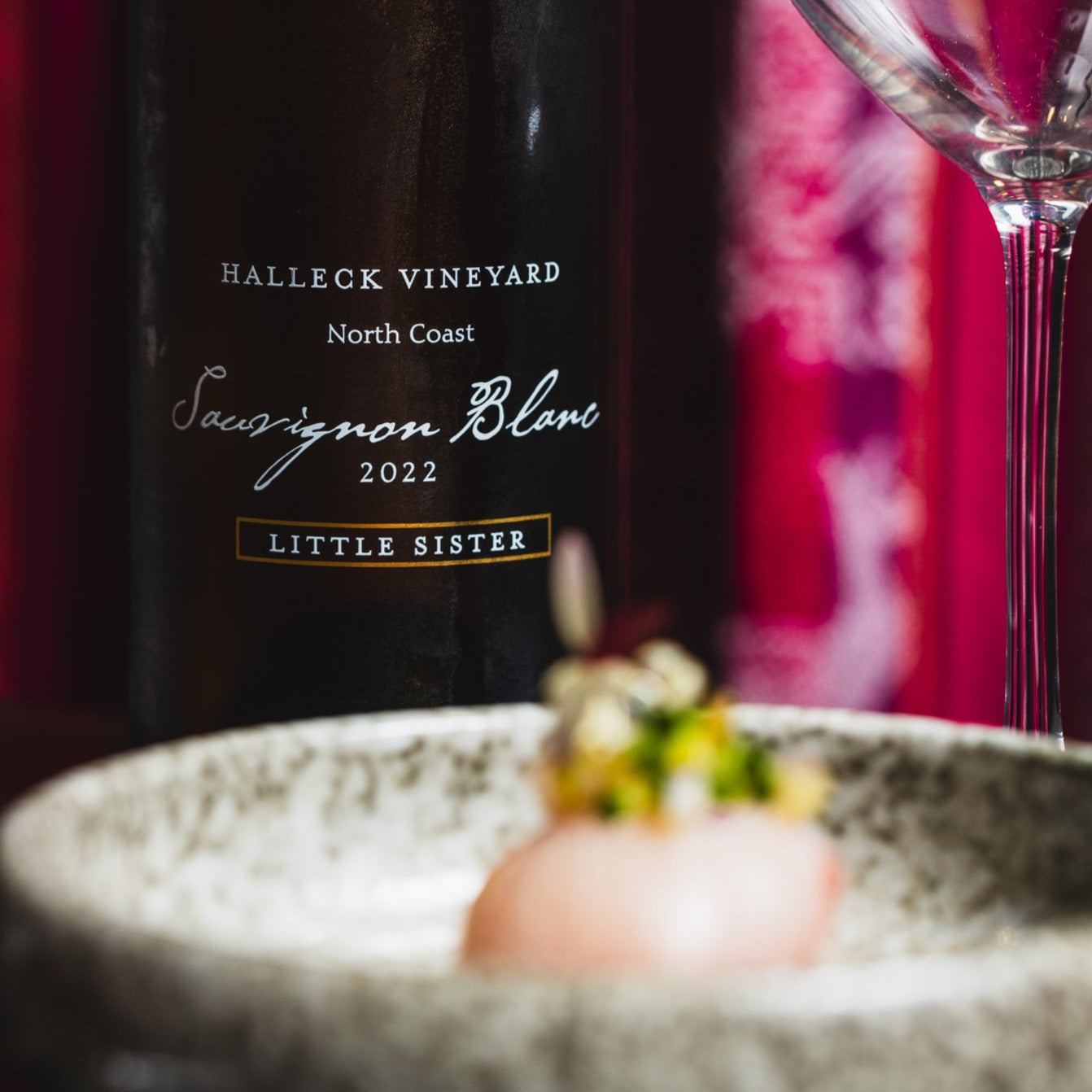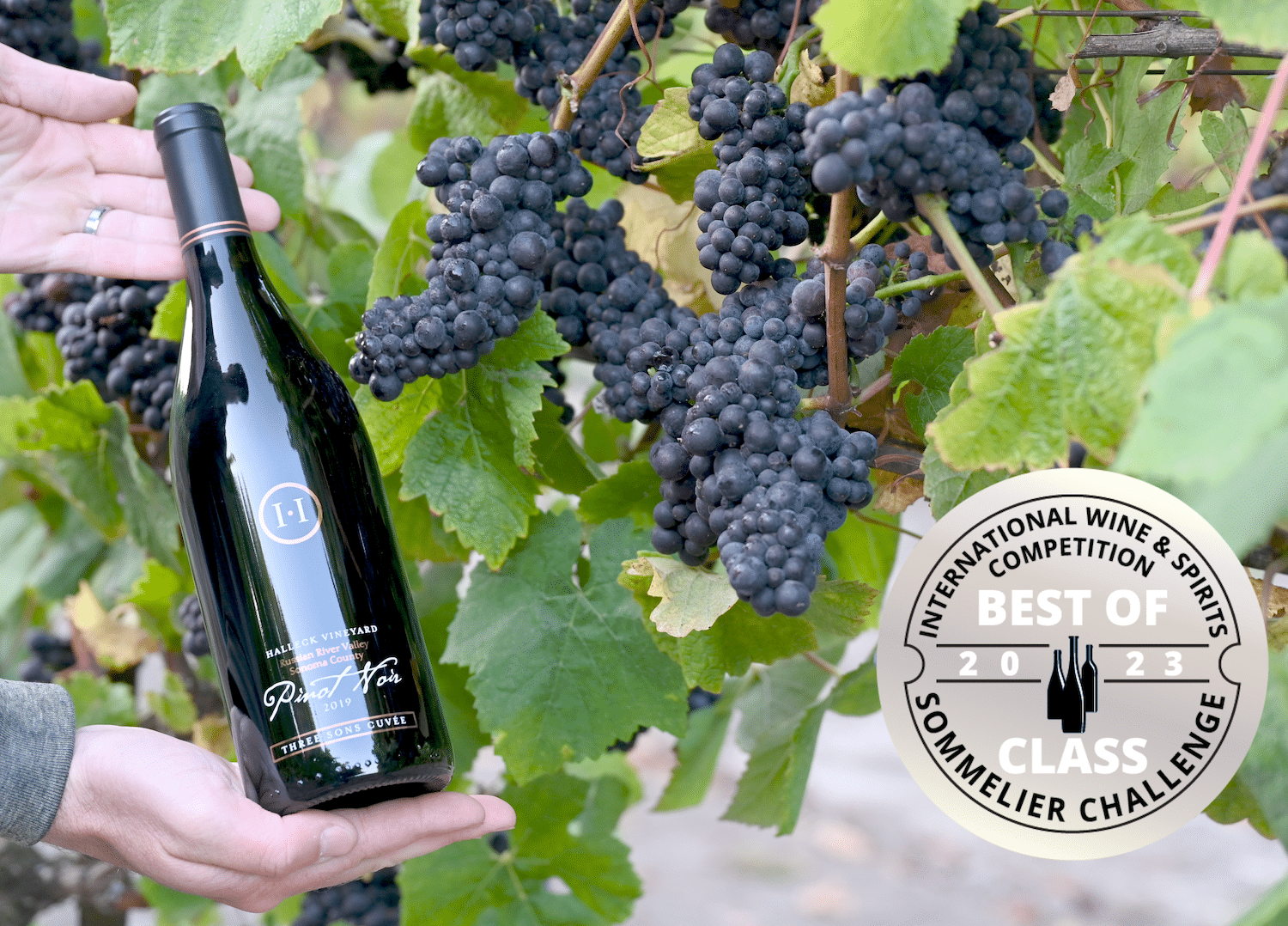Wineries Promoting Sustainable Farming - Family-Owned Wineries In Sonoma
Wineries With Artisan Chocolate Pairings In Sonoma - Sonoma Wine Region Vineyards
Wine tasting is commonly considered an art form, one which goes beyond merely having fun with a beverage. It embraces a posh interplay of flavors, aromas, and textures that requires devoted practice to truly grasp. Many who venture into the world of wine tasting rapidly realize that it entails rather more than just sipping wine. Bettering sensory skills by way of dedicated winery wine tasting can elevate the experience, transforming an off-the-cuff drinking occasion into a complicated exploration of the senses.
At a basic level, wine tasting engages the senses of sight, smell, taste, touch, and even sound. Each element plays an important role in appreciating the nuances of a wine. When one first pours a glass of wine, the rich hues can present initial insights into its age and varietal. Observing the colour and clarity helps type expectations in regards to the wine's flavor profile. Many don’t absolutely recognize how this visual evaluation can set the stage for what's to follow.
The next step is to interact the sense of odor. Swirling the glass aerates the wine, permitting its volatile compounds to escape and fill the air with its bouquet. The nose entails some fascinating layers—different aromas can sign varied aspects of the winemaking process, including the kind of grapes used, fermentation methods, and aging circumstances. Growing a eager sense of scent can be a game-changer in wine tasting.
Top Rated Wine Experiences In Sebastopol - Sebastopol Wine Experiences
To improve this sensory skill, wine enthusiasts are often inspired to participate in devoted tastings at wineries. These tastings allow individuals to focus solely on the sensory experience (Wineries Focusing On Single Vineyard Wines). Tasting periods led by educated sommeliers or winemakers can supply insights into identifying distinct aromas. Studying to differentiate between floral, fruity, earthy, and spicy notes can empower a taster to articulate their experience with larger precision.
As one practices their sensory abilities, they might discover that their style preferences evolve. This transformation often occurs after a quantity of tastings. A wine that originally appeared overwhelming may reveal hidden layers of complexity with a bit of experience. Understanding tips on how to isolate particular person flavors such as acidity, sweetness, bitterness, and umami contributes considerably to the overall wine experience.
One Other essential factor in improving sensory skills is the context by which wine is tasted. Environmental components like temperature, lighting, and even the company present can affect perceptions. At a winery, an optimal setting can scale back distractions and allow a more profound exploration of the wine (Wineries Hosting Seasonal Events). Training mindful tasting techniques encourages a more immersive experience, allowing tasters to hone in on their senses.
It is not solely about individual notion, though. Partaking with others during a tasting also can improve sensory skills. Sharing notes and discussing impressions fosters a deeper understanding of the wine. This collaborative approach encourages members to articulate their sensory experiences, thereby broadening their linguistic repertoire related to wine tasting.
Charming Wineries Offering Wine And Food Pairings - Tasting Rooms In Sebastopol
Moreover, pairing wine with food can considerably enhance the tasting experience. Different combos can convey out unique flavors in each the wine and the dish. As one tastes a wine alongside specific foods, they'll start to recognize how sure parts in the wine complement or distinction with what they are consuming. This skill of pairing is one other layer that enriches sensory development.
Coaching one’s palate can involve a wide selection of exercises. Some enthusiasts have interaction in systematic tasting experiences, sampling a variety of wines that showcase different varietals, areas, or vintages. Exploring this diversity can sharpen the flexibility to discern nuances across completely different wine profiles. Over time, this practice builds a mental library of flavors that can be accessed during future tastings.
Notably, written notes serve a twin objective: organizing one’s ideas and reinforcing memory. By writing down observations about every wine, tasters can monitor their progress over time. Detailing the traits of wines assists in solidifying information, ultimately deepening one’s appreciation of what they eat.
Furthermore, attending workshops or classes centered on sensory analysis can additionally be useful. Many wineries provide these instructional programs to assist individuals refine their skills. Usually, trained instructors guide members through structured tastings, specializing in specific parts of the wine. This stage of schooling reinforces the sensory skills asynchronously and challenges tasters to contemplate their experiences from totally different angles.
Family Friendly Wineries With Outdoor Spaces - Tasting Rooms In Sebastopol

Over time, the commitment to improving sensory skills through dedicated winery wine tasting can yield vital rewards. The enjoyment derived from wine becomes layered and multifaceted. No longer limited to a simple preference for "red" or "white," tasters begin to appreciate the stories behind each pour. They cultivate a palette capable of navigating the complex panorama of flavors with confidence.
In conclusion, the journey of enhancing sensory skills by way of devoted winery wine tasting is as rewarding as it's gratifying. It requires focus, dedication, and a willingness to study, however try this website the outcomes far exceed the initial effort. By partaking a number of senses and participating in thoughtful discussions, individuals not solely turn into more proficient at figuring out flavors but in addition develop a deeper appreciation for the craftsmanship behind each bottle. The process transforms wine from a mere beverage into a wealthy tapestry of sensory exploration that beckons enthusiasts to delve deeper. As skills enhance, so too does the enjoyment, enriching life experiences one sip at a time.
Quaint Wineries In Picturesque Settings In Sebastopol - A Winery In The Sonoma Valley To Discover
- Participating the palate through diverse wine varieties enhances the power to differentiate flavors and aromas, refining total sensory perception.
- Participating in guided tastings promotes targeted consideration on refined traits of every wine, nurturing critical tasting skills.
- Learning to identify specific grape varieties fosters a deeper understanding of terroir, which aids in recognizing regional flavor profiles.
- Incorporating food pairings throughout tastings can heighten sensory consciousness, as completely different tastes can affect one another and alter perceptions.
- Practicing the art of swirling and nosing wines allows individuals to connect olfactory cues with taste, improving the ability to articulate sensory experiences.
- Attending workshops that emphasize blind tastings trains individuals to rely purely on their senses quite than preconceived notions, enhancing objectivity.
- Elevating sensory skills can result in better wine selection skills, empowering people to make knowledgeable decisions primarily based on personal preferences.
- Participating with educated sommeliers presents insights into wine-making processes, which deepens sensory appreciation and enhances vocabulary for describing wines.
- Common participation in tastings encourages reminiscence growth of flavors and aromas, aiding within the formation of a personalised sensory profile over time.
- Sharing tasting experiences with friends fosters dialogue, promoting communal learning that can enhance individual sensory skills by way of collaboration.undefinedWhat is the aim of bettering sensory skills by way of wine tasting?

Enhancing sensory skills through wine tasting permits individuals to enhance their capacity to determine and appreciate the assorted aromas, flavors, and textures of wine. This heightened sensory awareness can result in a deeper understanding of wine and an general enriched tasting experience.
Affordable Wine Tastings In Sonoma County - Wine Tours And Tastings In Sebastopol
How can I develop my sensory skills at a winery?
You can develop your sensory skills at a winery by participating in guided tasting sessions that focus on particular varietals. Have Interaction with educated workers who can present insights and encourage you to take notes in your impressions, enhancing both your observational and descriptive talents.
What should I expect throughout a devoted wine tasting experience?
Wineries With Scenic Views - Sebastopol Vineyard Visits
During a dedicated wine tasting experience, anticipate to sample a choice of wines whereas receiving focused schooling about each. You May be taught in regards to the winemaking course of, tasting techniques, and the way to discern different sensory characteristics, all in a relaxed environment.
Is prior information of wine essential to learn from a sensory skills workshop?
- Family-Friendly Wineries Near Sebastopol
No prior information of wine is critical; the workshops are designed for all levels of experience. Newbies will discover valuable data to build from, while seasoned tasters can refine their skills and broaden their palate even additional.
How do sensory skills influence my total wine appreciation?
Wineries Ideal For Romantic Getaways - Local Wineries In Sebastopol
Bettering sensory skills considerably enhances your overall wine appreciation by permitting you to determine subtleties and complexities in wines. This deeper understanding enriches your tasting experience and helps you make informed alternatives based mostly on personal preferences.
Are there particular techniques I ought to use while tasting wine to enhance my sensory skills?
Wineries Offering Virtual Wine Tastings - Craft Wineries In Sonoma
Yes, employing techniques such Read Full Article as the "SWOT" method (Sight, Swirl, Scent, Sip, Savor) may be helpful. Pay consideration to the wine's look, aromatics, and mouthfeel, and take your time with each sip to completely explore the flavors and sensations.
What type of wines are usually included in sensory skills tastings?
Sometimes, sensory skills tastings include a variety of wines that showcase different areas, varietals, and styles. This variety helps participants establish distinct characteristics and enhances their capacity to distinguish between wines.
Can sensory skills workshops be personalized to my tasting interests?
Wineries Offering Educational Wine Seminars - Sonoma Wine Tasting Spots
Many wineries supply personalized choices for sensory skills workshops, allowing you to concentrate on specific types of wines or themes that interest you, such as organic wines or unique regional choices. It Is greatest to inquire immediately with the winery for tailored experiences.
Is there a method to practice sensory skills after leaving the winery?
Yes, you possibly can practice your sensory skills at home by tasting different wines and preserving a tasting journal. Experimenting with varied food pairings and aromatics can additional enhance your understanding of how flavors interact, reinforcing the skills gained on the winery.